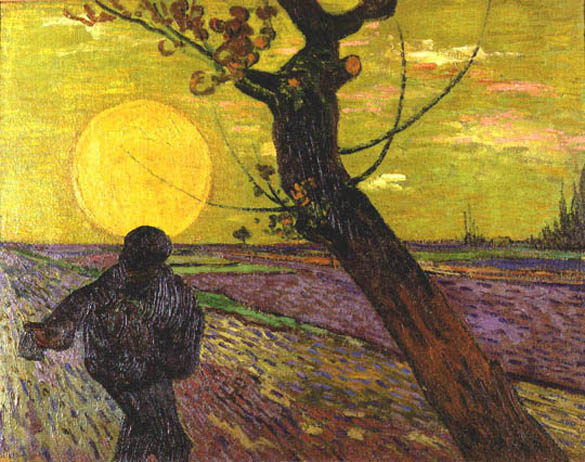Reflections on gratitude as a spiritual practice: final week of Taste & See series
Wear gratitude like a cloak and it will feed every corner of your life. ― Rumi Gratitude unlocks the fullness of life. It turns what we have into enough, and more. It turns denial into acceptance, chaos to order, confusion to clarity. It can turn a meal into a feast, a house into a home, a […]


